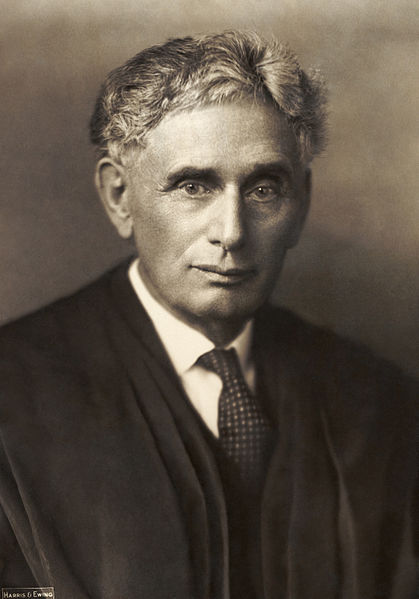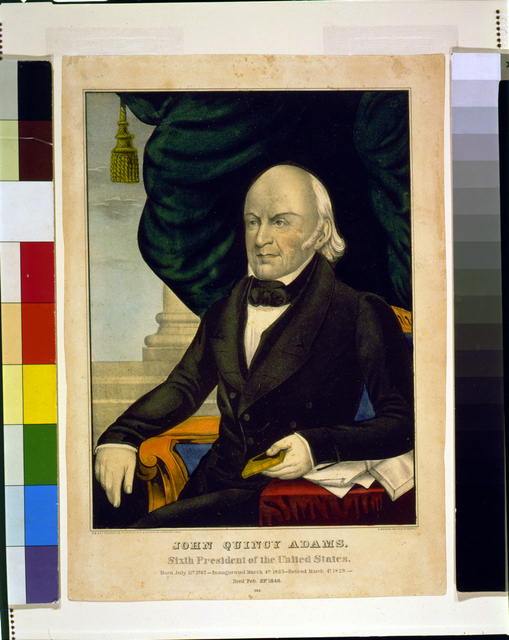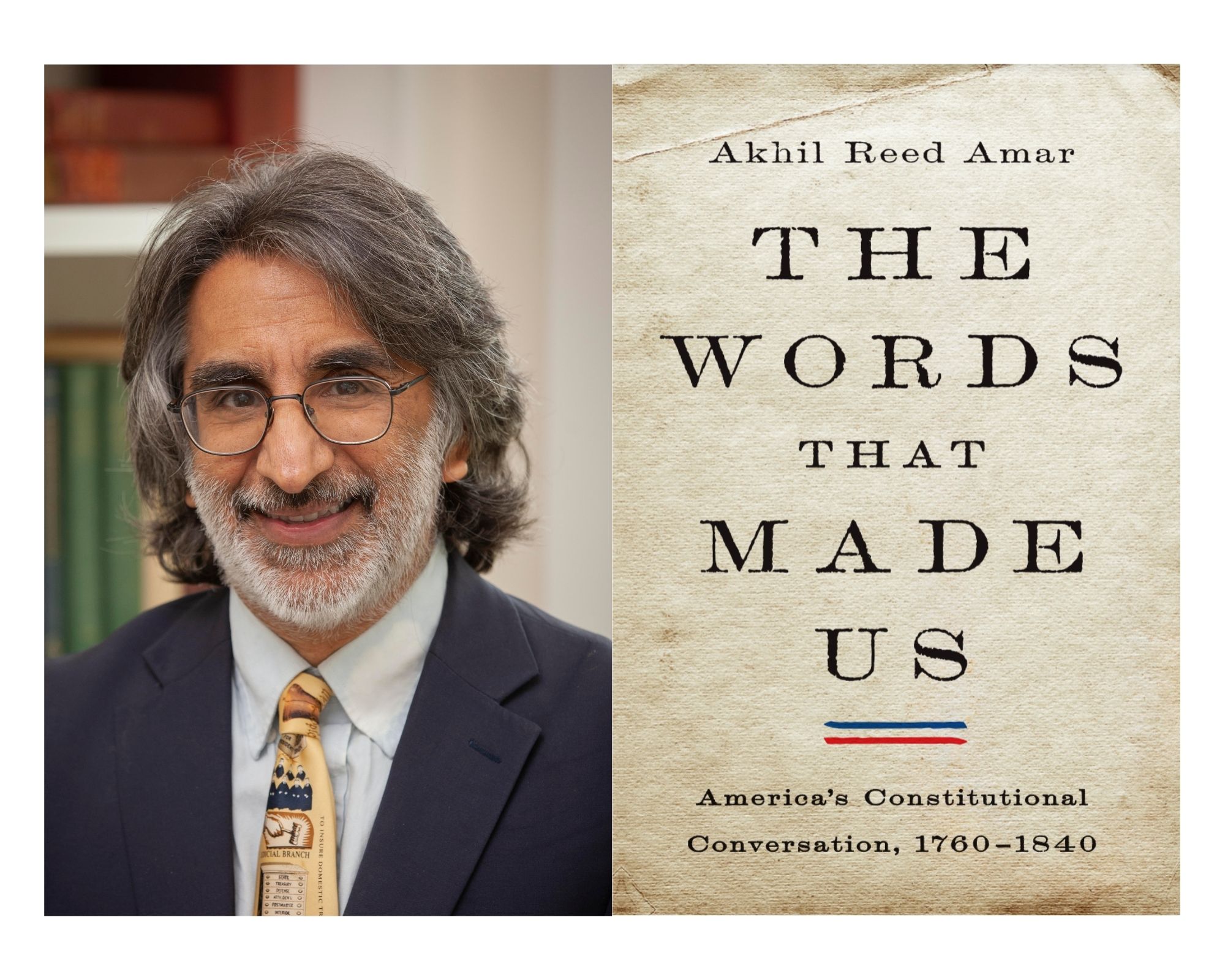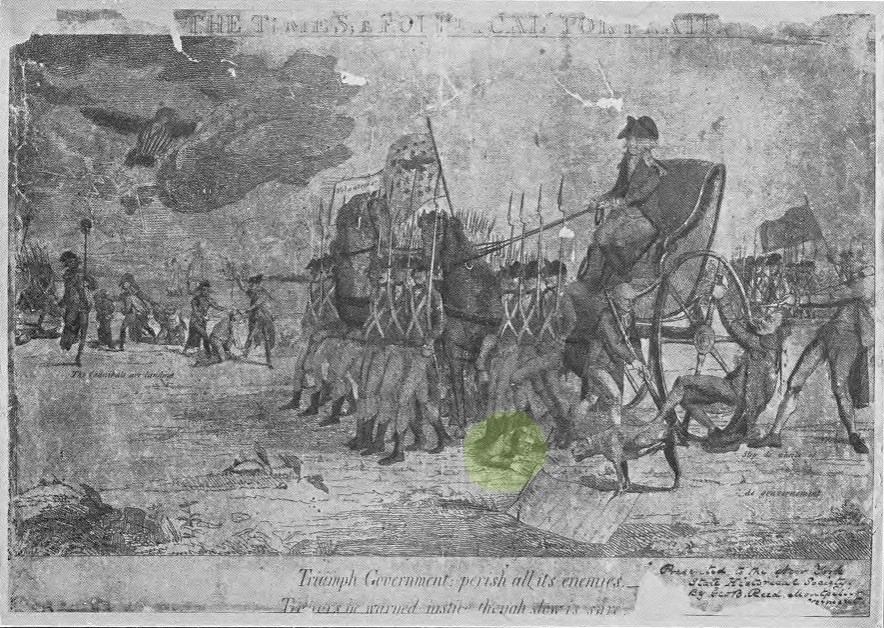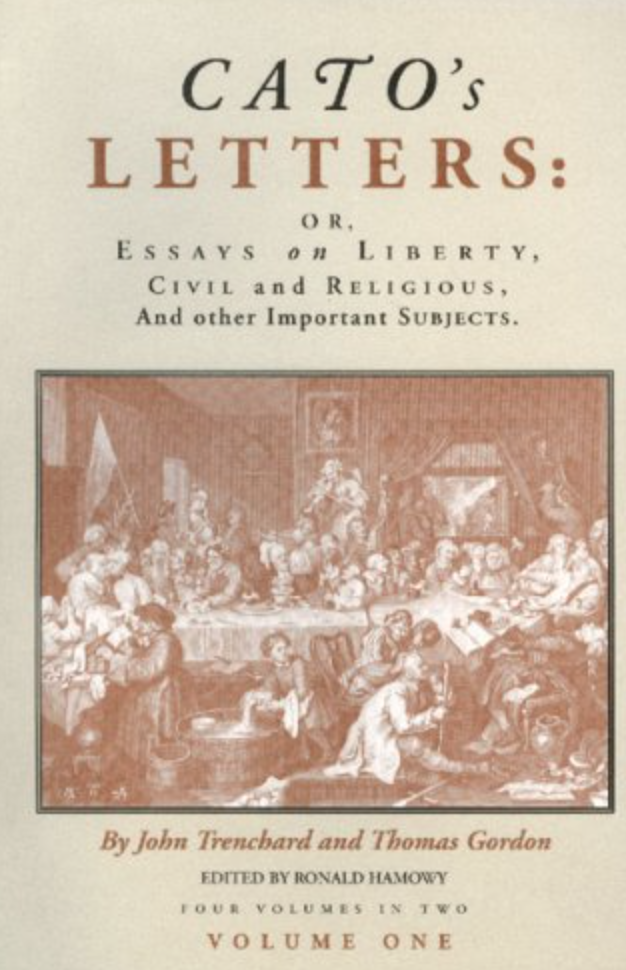Justice Louis Brandeis articulated the American idea of freedom of speech many decades before the Supreme Court began expanding the rights of expression under the First Amendment. Some of his ideas have become critical justifications for safeguarding freedom of speech even under the most challenging conditions.
- He tied the values of freedom of expression to the beliefs and actions of the founding generation—“those who won our independence believed…”
- He argued that “public discussion is a political duty”—that a sovereign people required freedom of speech and press to govern themselves, “a fundamental principle of the American government.”
- He asserted the value of counter-speech rather than censorship of ideas that we don’t like—“the fitting remedy for evil counsels is good ones.”
- He recognized that dissenters must be protected—that “occasional tyrannies of governing majorities” required protection for speech and assembly.
- He urged that speech advocating change not be punished unless it threatened imminent lawless action.
By Professor Stephen D. Solomon, Editor, First Amendment Watch
Whitney v. California 274 U.S. 357 (1927)
Justice Brandeis, concurring, joined by Justice Holmes:
“Those who won our independence believed that the final end of the state was to make men free to develop their faculties, and that in its government the deliberative forces should prevail over the arbitrary. They valued liberty both as an end and as a means. They believed liberty to be the secret of happiness and courage to be the secret of liberty. They believed that freedom to think as you will and to speak as you think are means indispensable to the discovery and spread of political truth; that without free speech and assembly discussion would be futile; that with them, discussion affords ordinarily adequate protection against the dissemination of noxious doctrine; that the greatest menace to freedom is an inert people; that public discussion is a political duty; and that this should be a fundamental principle of the American government. They recognized the risks to which all human institutions are subject. But they knew that order cannot be secured merely through fear of punishment for its infraction; that it is hazardous to discourage thought, hope and imagination; that fear breeds repression; that repression breeds hate; that hate menaces stable government; that the path of safety lies in the opportunity to discuss freely supposed grievances and proposed remedies; and that the fitting remedy for evil counsels is good ones. Believing in the power of reason as applied through public discussion, they eschewed silence coerced by law—the argument of force in its worst form. Recognizing the occasional tyrannies of governing majorities, they amended the Constitution so that free speech and assembly should be guaranteed.
Fear of serious injury cannot alone justify suppressions of free speech and assembly. Men feared witches and burnt women. It is the function of speech to free men from the bondage of irrational fears. To justify suppression of free speech there must be reasonable ground to fear that serious evil will result if free speech is practiced. There must be reasonable ground to believe that the danger apprehended is imminent. There must be reasonable ground to believe that the evil to be prevented is a serious one. Every denunciation of existing law tends in some measure to increase the probability that there will be violation of it. Condonation of a breach enhances the probability. Expressions of approval add to the probability. Propagation of the criminal state of mind by teaching syndicalism increases it. Advocacy of lawbreaking heightens it still further. But even advocacy of violation, however reprehensible morally, is not a justification for denying free speech where the advocacy falls short of incitement and there is nothing to indicate that the advocacy would be immediately acted on. The wide difference between advocacy and incitement, between preparation and attempt, between assembling and conspiracy, must be borne in mind. In order to support a finding of clear and present danger it must be shown either that immediate serious violence was to be expected or was advocated, or that the past conduct furnished reason to believe that such advocacy was then contemplated. Those who won our independence by revolution were not cowards. They did not fear political change. They did not exalt order at the cost of liberty. To courageous, self reliant men, with confidence in the power of free and fearless reasoning applied through the processes of popular government, no danger flowing from speech can be deemed clear and present, unless the incidence of the evil apprehended is so imminent that it may befall before there is opportunity for full discussion. If there be time to expose through discussion the falsehood and fallacies, to avert the evil by the processes of education, the remedy to be applied is more speech, not enforced silence. Only an emergency can justify repression. Such must be the rule if authority is to be reconciled with freedom. Such, in my opinion, is the command of the Constitution . . .
Moreover, even imminent danger cannot justify resort to prohibition of these functions essential to effective democracy, unless the evil apprehended is relatively serious. Prohibition of free speech and assembly is a measure so stringent that it would be inappropriate as the means for averting a relatively trivial harm to society.”
Tags
